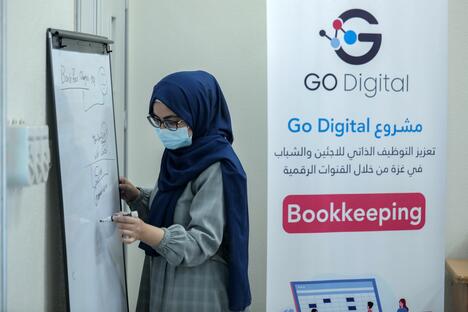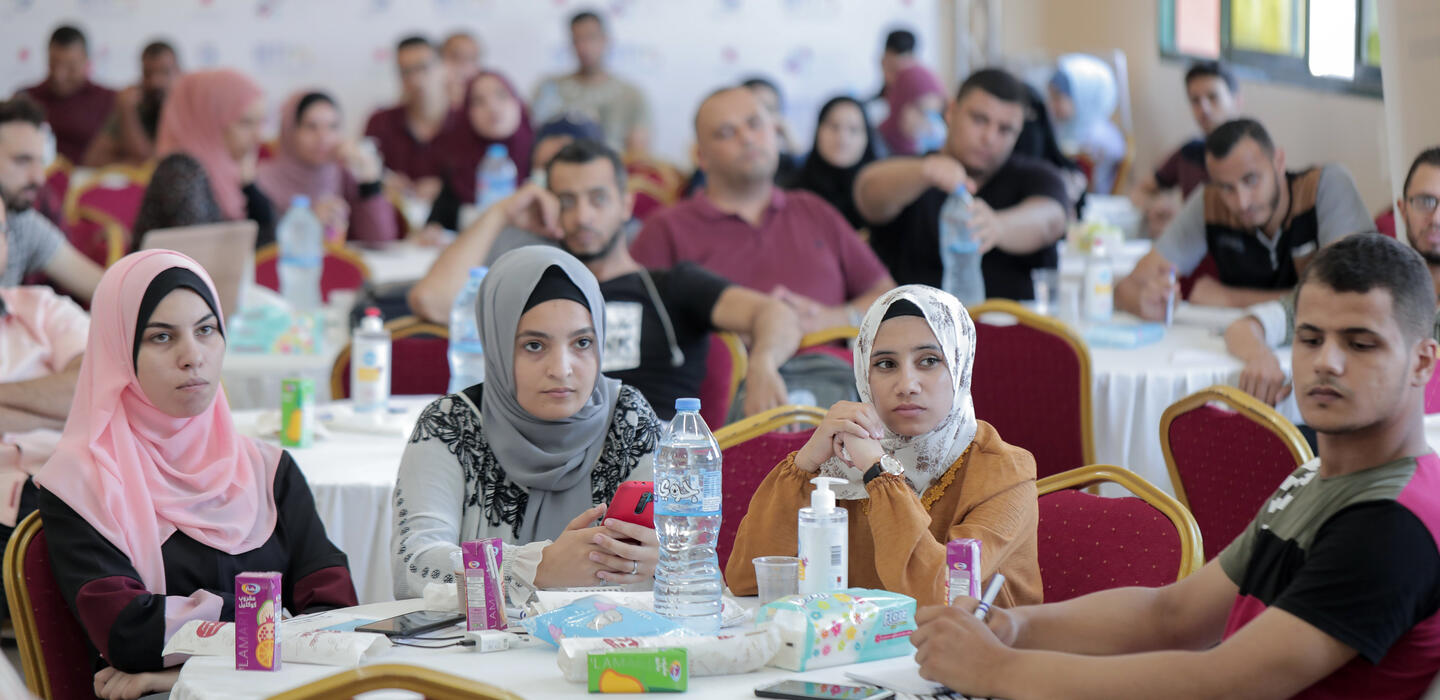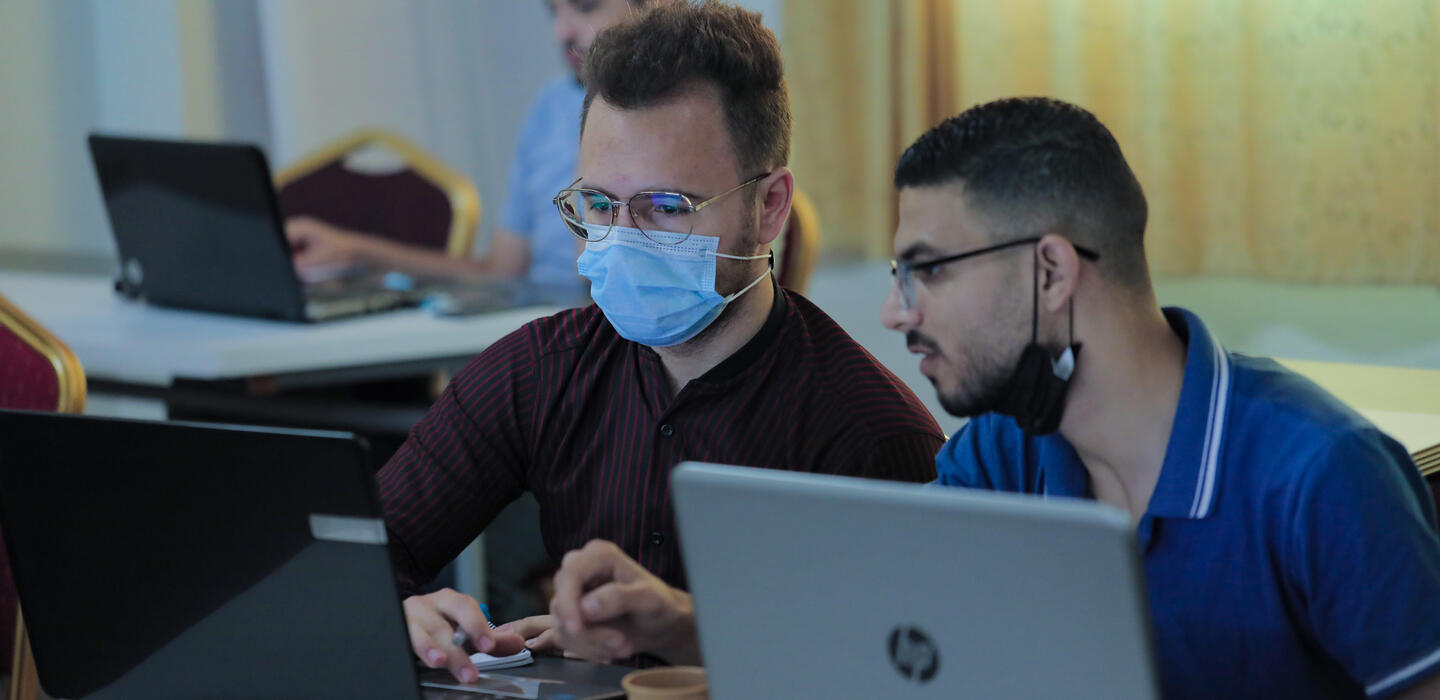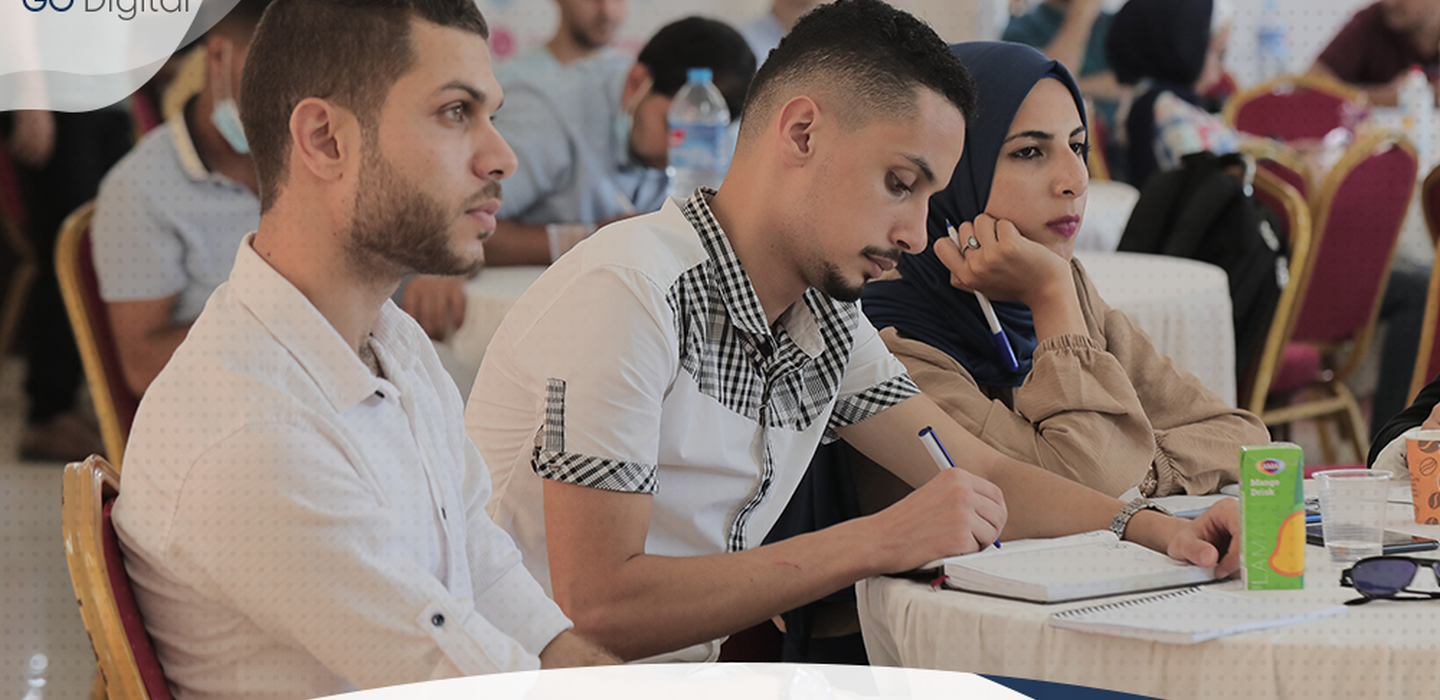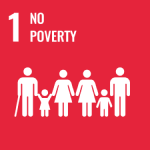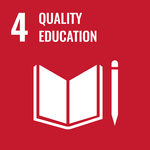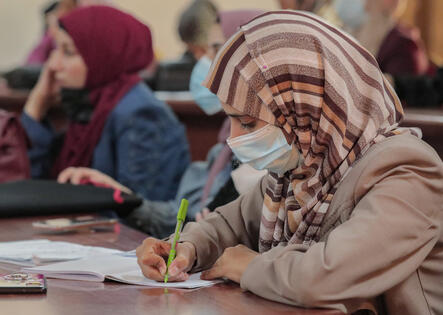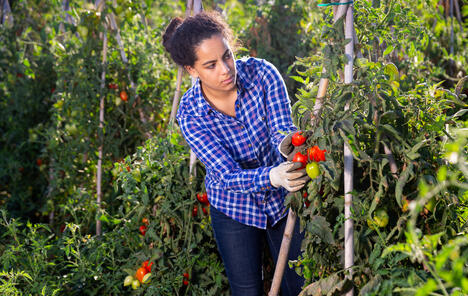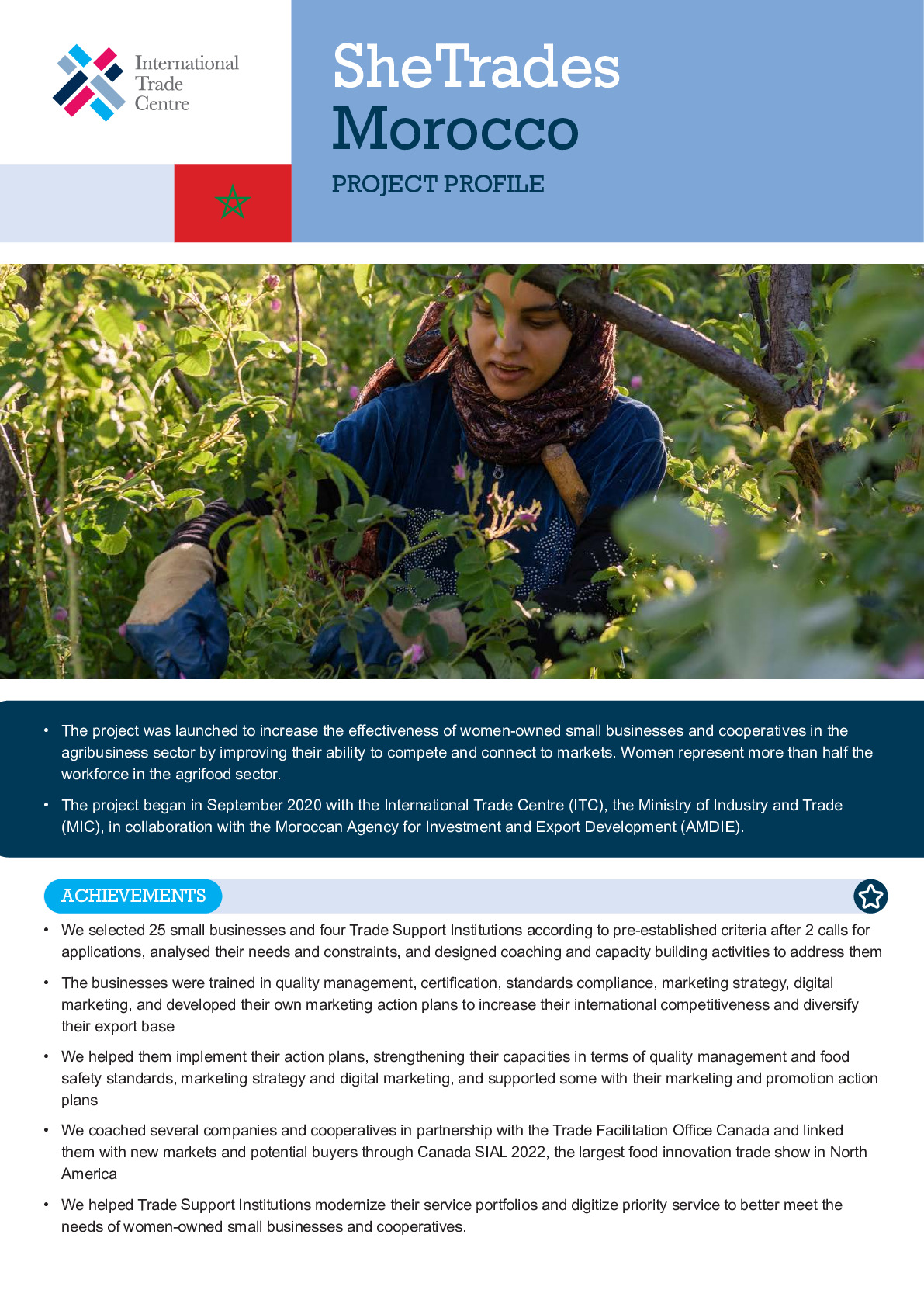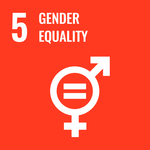Middle East and North Africa
MENATEX Regional: Regional component of the Textiles and Clothing Programme for the MENA region
<p>The overall MENATEX programme consists of 5 sub-projects. It supports four countries in the Middle East and North African region (MENA region), namely Egypt, Jordan, Morocco, and Tunisia as well as contains a regional component, which is covered under this project. The programme intends to increase the countries’ export competitiveness in the T&C sector as well as develop linkages among the four countries. </p><p> The regional component, which is covered by this project, will consist of five elements, which will reinforce the activities and envisaged achievements at the country level:</p><p><span>·<span> </span></span>increase regional trade of T&C products, including for intermediate products to foster the development of a regional supply chain</p><p><span>·<span> </span></span>support the development of a joint approach to promote North Africa as a sourcing destination.</p><p><span>·<span> </span></span>Facilitate collaboration, and exchange of experiences and best practices in addressing gender and youth aspects. </p><p><span>·<span> </span></span>support the joint participation in regional trade fairs. </p><p><br></p>
State of Palestine: Enhancing self-employment of refugees and youth in Gaza through digital channels
Go Digital: opening doors for young Gazans
Digital technologies offer Gazan youth, women, and displaced people new work opportunities, opening the door to international markets and needed income.
Organizations and companies across the world are powering up their digital capabilities. ITC’s project is helping Gazans take advantage of this growing marketplace.
This is a crucial step for a population that has experienced multiple cycles of violence as well as the COVID-19 pandemic, resulting in more poverty, less food security and increased economic vulnerability.
In previous project phases, 125 youth, including 84 women, managed online transactions and sales, sold high-quality services through digital marketplaces, secured sales of almost $80,000, and formed two freelance agencies.
Our current phase III will improve the technical and digital skills of youth, boost the ability of educational services to produce online curricula, and bolster the digital capacity of entrepreneurs.
Visit Go Digital's website.
The project provides technical training on translation, SEO, bookkeeping, mobile app development (react.Js), web development (WordPress), and UI/UX (Flutter).
The project provides technical training and incubation support for entrepreneurs as well as business linkages with potential business partners across the globe.
The project will also build the capacity of graduates of schools of education to develop and deliver quality professional online learning courses by integrating modern pedagogy and web-based technology.
We are building the capacity of institutions to make an impact on the local and global innovation ecosystems. This includes vocational training programmes, connecting members to commercial opportunities and reaching out to and integrating entrepreneurs in their networks.
We are providing targeted business support services such as ITC’s Trade Accelerator model, which is a framework to support entrepreneurs in partnership with local partners to improve the performance and growth of new businesses.
We are offering technical and vocational training to a selected group of youth in the use of digital channels as an innovative way to connect with clients, gain jobs and access new markets.
We are creating linkages between local small and medium-sized enterprises (SMEs) and students from the digital marketing course. Students will provide online marketing support to SMEs and start-ups.
Go Digital success stories
Sustainable Development Goals
<p>The Gazan population continues to suffer from longstanding Israeli occupation and poor socioeconomic conditions. In the past decade, the Gaza Strip experienced three wars; these left many people internally displaced. Moreover, like elsewhere, the COVID-19 pandemic has brought a negative shock to Palestinian socioeconomic development, putting at risk public welfare, employment and livelihoods, leading to more poverty, no food security and social cohesion. Living conditions were already difficult in Gaza, with every second person there living below the poverty line before the Covid-19 crisis.</p><p>Through its theory of change, this project helps unlock the potential of refugees, youth, local communities and SMEs in the Gaza Strip to improve their livelihoods and economic conditions. In doing so, the project contributes to social stability and provides support in responding to the COVID-19 pandemic. It does so by supporting employment and enhancing the employability of women and youth, including refugees and internally displaced people. The project focuses on freelancing skills and self-employment, as investing in this sector is an effective way to boost the Gazan economy, considering the complicated political context and the de facto lack of Gazan control over the borders and the implications of the pandemic.</p>
SheTrades Morocco
SheTrades Morocco helps business women boost their export capacity in the processed foods sector by producing value-added products in line with market requirements, and linking them with targeted buyers through networking and business linkage events.
We provide key information on quality control and management, conditioning, packaging, labeling, pricing, as well as improved business management and marketing skills.
Twenty-five selected Moroccan women-owned small and medium-sized enterprises (MSMEs) will also learn to design and implement new marketing strategies to effectively position their products in local, regional and international markets.
As a result, the project will promote gender equality, improve community livelihoods and help women-owned SMEs to benefit from higher incomes, as well as strengthen and grow their businesses.
Enhancing capacity of support institutions
The project also aims to reinforce Morocco’s Investment and Trade Agency (AMDIE), the Association of Women Entrepreneurs of Morocco (AFEM), the National Federation of Agribusiness (FENAGRI) and the Moroccan Association of Exporters (ASMEX).
These institutions will be able to upgrade their technical skills and know-how to provide better, effective and efficient business services to Moroccan small women-owned businesses along the value chain requirements, including help in accessing finance, and business generation.
Through e-learning, classroom, and peer-to-peer learning, SheTrades Morocco will increase the capacity of these institutions to identify challenges faced by women entrepreneurs, specific steps they can take to build the competitiveness of women entrepreneurs, and to measure results of their activities.
Sustainable Development Goals
<p>The purpose of the SheTrades Morocco project is to increase the participation of women-owned businesses in trade by improving their competitiveness and strengthening their market linkages. The project seeks to enable Moroccan women to benefit from economic participation focusing on processed foods value chains. Within the framework of the International Trade Centre’s SheTrades Initiative, the project will work with key public and private stakeholders to address issues that are holding back Moroccan women from fulfilling their economic potential.</p><p>More competitive enterprises in this key sector will contribute to achieving targets linked to the 2030 Agenda, particularly related to SDG 8 “promoting sustained, inclusive and sustainable economic growth, full and productive employment”, SDG 9 “industry, innovation & infrastructure” and SDG 5 “gender equality”.</p><p>SheTrades Morocco will advocate for a conducive business environment for women entrepreneurs, give women entrepreneurs access to the skills and support systems required to run successful businesses, and connect women-owned enterprises to local, regional, and international markets.</p>




